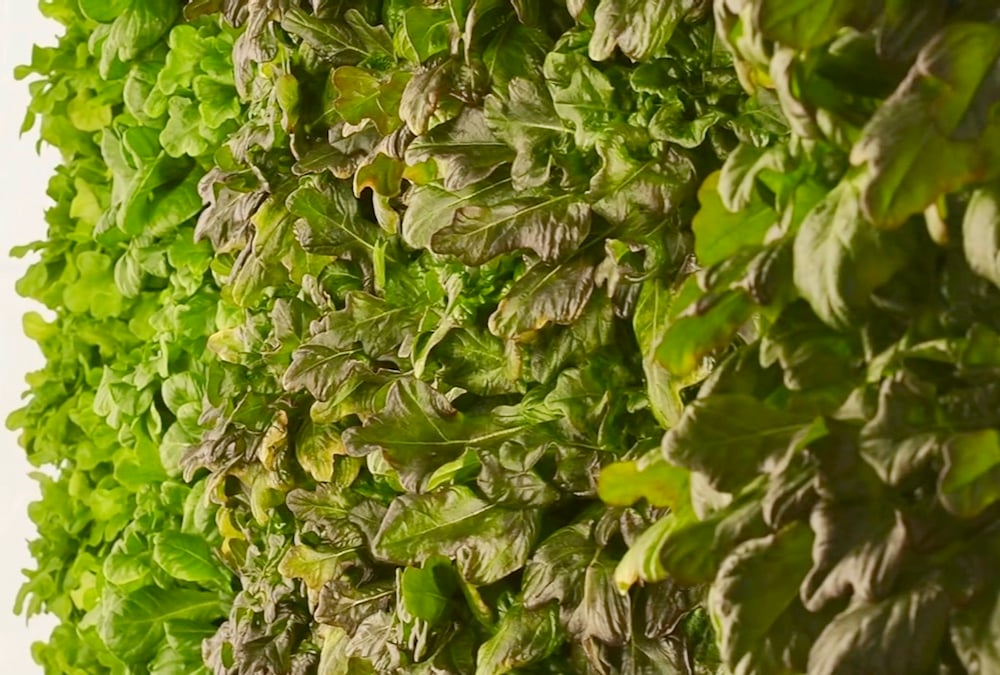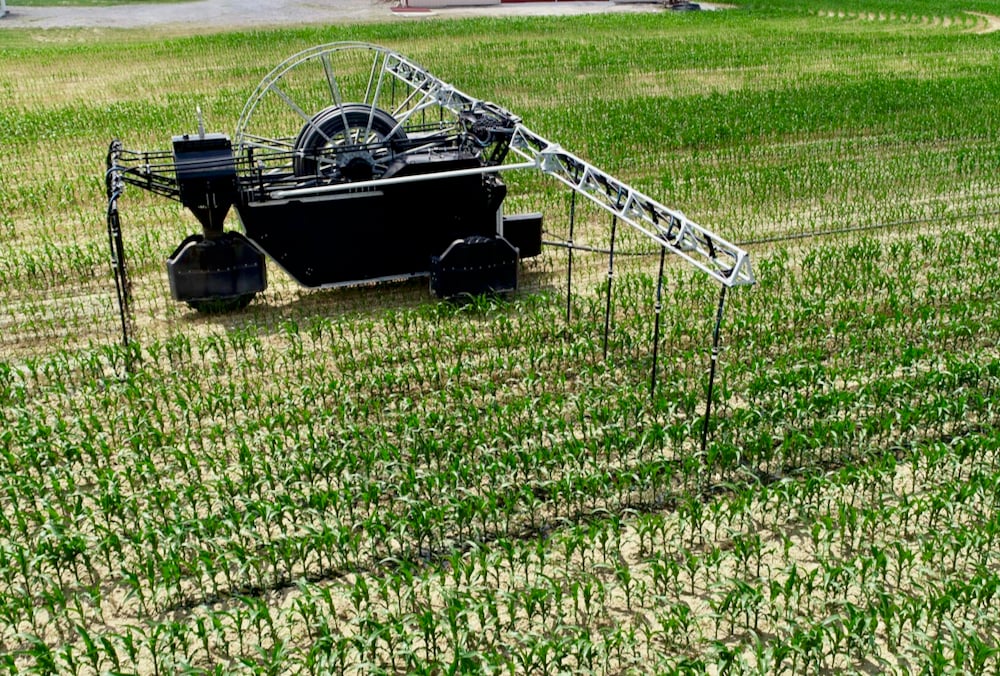Merging greenhouse and vertical farm advantages innovations

Interius Farms, a company that brings vertical farming technology to greenhouses, won the 2024 University of Guelph Agri-Tech Pitch Competition.
Read Also


Considerations for the right place for manure
When it costs more to apply manure to high fertility fields than the manure is worth, it may be time…
The company was one of five selected to pitch their technology to a panel of three investors and experts. The winner was awarded $10,000.
Why it matters: Agri-tech pitch competitions give start-up companies the chance to gain funding, practice their pitches and let the agriculture world know what they are working on.
Vertical farming, the intensive growing of crops in enclosed spaces with artificial light, has proven expensive and the crops that grow well in those conditions are limited.
“On one side, you have vertical farming. Crops are grown indoors on stacked beds. It’s highly spatially dense,” says Jonnie Lawson, co-founder and CEO of Interius Farms.
“But the key issue here is you don’t make use of natural light. It’s ultra-energy intensive. Greenhouse production, on the other hand, is much less spatially efficient, but you get that benefit of natural light, and so in turn, it’s much less energy intensive.”
Interius Farms takes inspiration from the upright structures used to grow greens in vertical farms and has engineered them for greenhouses and the natural sunlight available. The towers rotate.
“What that means is, you get good, uniform light coverage across the tower, while still being able to dramatically increase the spatial efficiency and production,” says Lawson.
That should mean denser production of food in greenhouses.
Judge Brian Duarte of BlackTech Capital questioned the capital intensity of scaling the business, but he and the other judges, Brian Cram from the 519 Growth Fund and Deb Stark, former provincial veterinarian, deputy agriculture minister and investor, chose the company as the winner.
Interius Farms’ system is limited so far to herbs and greens but it also can grow strawberries, a burgeoning crop in the greenhouse sector.
Protein-packed broth
A company marketing broth made from cattle bones as a protein supplement won the $2,500 people’s choice award voted by viewers at the competition.
The company, Beck’s Broth, with founder Beckie Prime as CEO and Dominque Mastronardi as COO, told the competition that bone broth is an increasingly popular protein source for consumers. It is mixed with drinks such as coffee.
Beck’s Broth so far uses only bone broth from cattle grazed in New Zealand because there isn’t a reliable source of the product in Canada.
The company began creating a liquid product sold in jars. It now dries it to a powder, which makes shipping and mixing much easier. It is also creating its own coffee and hot chocolate, expected to be its most popular offerings. The product has neutral taste and doesn’t interfere with the taste of the beverages.
The company now sells online and has people who subscribe to a regular shipment, but it also sells in stores and is seeking a broker.
Making dairy data more valuable
Cattleytics was founded by veterinarian and computer engineer Dr. Shari Van de Pol. It aims to make dairy farm processes quicker and easier. The founder says 50 per cent of dairy farmers don’t use a digitized system to manage their farms.
The company’s first products focus on employee management and communications, but it aims to soon have a digital twin of the farm. Farmers will be able to ask questions of the module and it will give specific answers based on specific cows.
A Fitbit for plants
Plant owners take care of growing things, but often make choices by guess. EarthOne intends to bring micromanagement to plants with its plant sensors for homes.
Sid Pereira, cofounder and CEO of EarthOne, says households in North America each kill seven plants on average.
“The hardware sits in your plants and collect soil moisture, light, humidity and temperature data. The software gives you a dashboard with custom notifications, automation and smart home integrations,” he told the competition.
Pereira is focused on reducing the cost of the product so it’s affordable to a mass market. Current price of the sensors is $35. He said people attach the sensors to their plants, but only about 26 per cent of users connect the software product to the sensors.
The company is moving to a ‘hardware as a service’ model, a play on SAAS, or software as a service. Users will subscribe to the company’s hardware for $1.50 per month.
Pereira says there are also lots of applications in business to business, and he has a lot of interest from cannabis growers.
Better weather forecasts
There’s a race around the world to create better algorithms for weather, and Ontario company Erode AI wants to be in the middle of it.
Cody Kupferschmidt, who recently finished his doctorate at the University of Guelph in water resources engineering, is working with cofounder Craig MacRitchie, also a Guelph graduate, to create more reliable weather forecasts for sectors including agriculture.
“Weather forecasts typically run on massive supercomputers. That’s historically been the domain of large government organizations, but it doesn’t have to be that way,” he says.
Artificial intelligence is changing how weather is forecasted. Most AI weather models are still generalist, meaning weather forecasting for everyone. Kupferschmidt is interested in more specific models for the energy and agriculture sectors.
Source: Farmtario.com

